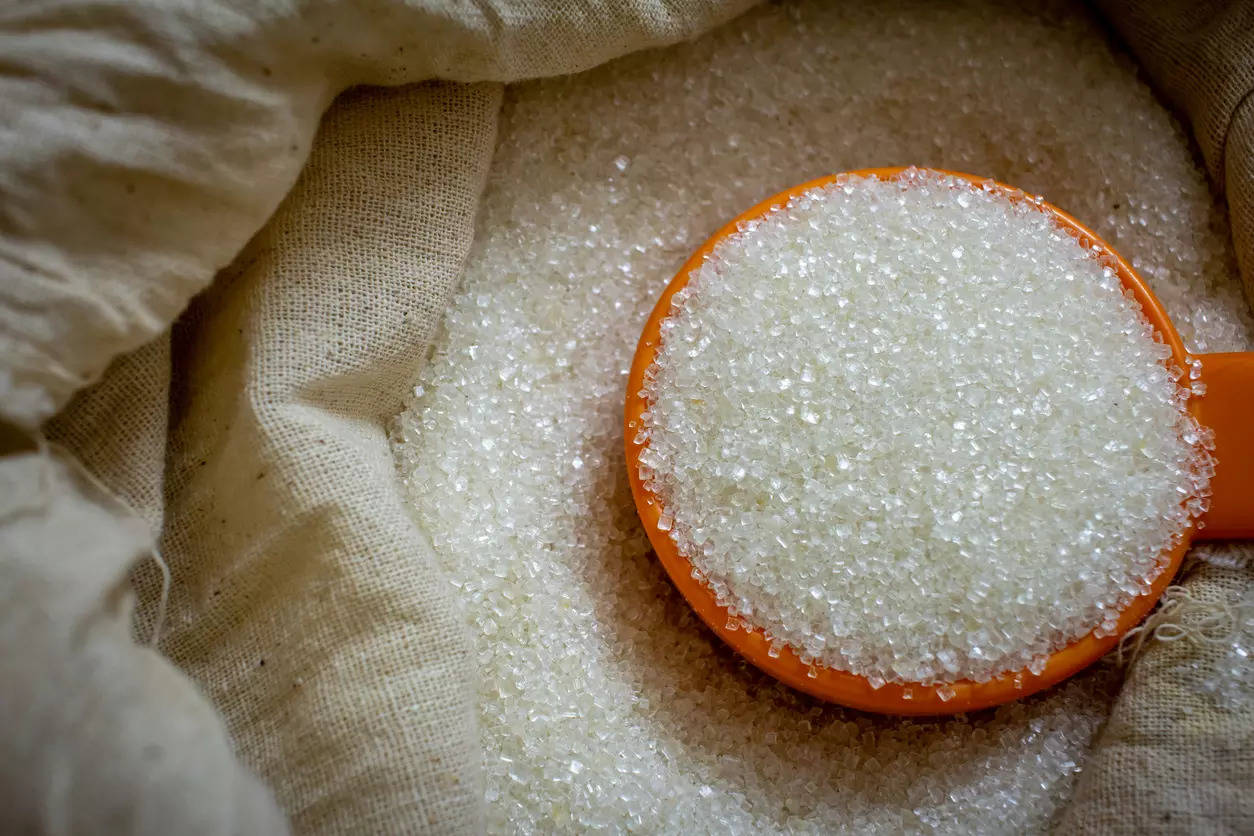Can clutter, burn out and processed foods add fuel to the fire?
Note to readers: Healing Space is a weekly series that helps you dive into your mental health and take charge of your wellbeing through practical DIY self-care methods.
An increasing number of people are getting on with their lives despite signs of being depressed. It’s like a slow burn, where you learn to cope, manage and live with a long-drawn-out low affect. It can make its presence felt in fatigue and exhaustion, insomnia or oversleeping, binge eating or loss of appetite, low self-esteem, and difficulty making decisions, focusing, or feeling hopeful. These days, that doesn’t sound very different from living with long Covid either. High Functional Depression is not easily diagnosed, and generally a certified clinician would only declare it after a patient has been observed living with the symptoms for a period of over two years. It can be hard to distinguish it from depression, burn out, and other disorders or trauma-induced conditions that might need other forms of treatment. So, it’s important not to self-diagnose based on a few observed symptoms or phases without the appropriate clinical supervision.
However, if you do feel yourself sinking into this long-term listlessness that accompanies depressive disorders, it’s important to understand the ways in which you might be able to reduce the environmental factors that contribute to it. While there is no consolidated single cause of depression, you can try to reduce the impact on yourself with some consideration of your behaviours and environment.
Recent research has shown ultraprocessed foods (UPFs), for instance, do have an impact on weight, heart health, sugar and pressure levels in the body, creating lifestyle diseases like diabetes or triggering eating disorders. However, they are also now shown to have an impact on mood, and cognitive decline. UPFs are those that have artificial and chemical ingredients that are lab manufactured or isolated, like additives, flavourings, preservatives and isolates. A 2022 study by Eric M. Hecht, et al., found that UPFs were associated with “more mentally unhealthy days”. It is thought that this occurs due to an influence on the gut microbe, which contributes to chronic inflammation, which interacts with the brain to influence emotional outcomes.
Clutter is another environmental factor that influences how you feel. Clutter can be both a symbol of creeping depression, also of ADHD or autism, as well as an outcome of it. When you don’t have the mental bandwidth to look after yourself, when you don’t feel energetic, or cannot summon up the strength to clean and put things away, or if your clutter feels overwhelming, and begins to pile up on you, you could actually be setting off a chain reaction that piles on to your depression as well as furthers it. It overwhelms you, stresses you out, makes you feel worse and adds to the sense of hopelessness, also because it adds to your growing task list.
Burn out is another factor that adds to the pile-up on existing functional depression. The feeling of exhaustion, having too much to do, not wanting to do it, lacking motivation and concentration, and yet, feeling the pressure pile on, not wanting to go outdoors or socialize, feeling sapped of energy, insomnia or oversleeping, all are equally present in burn out, in which you keep going while pushing past the feeling that you just can’t take anymore. If the burn out has led to a depression and you’re working through it, you could be adding to it, by bearing the burden of burn out as well. Burn out has the added factor of feeling like you don’t get a say in your life, and you are a cog in an unfeeling machine. You might also experience physical symptoms from cardiac load to pressure and IBS and other gastric disruptions. Burn out is necessarily occupation-linked and reduces when the workload is either more reasonable or can be jettisoned. To reiterate, depression does not have one single cause. However, burn out that adds to the concoction that is associated with depressive disorders can make your existing load heavier.
Other factors such as no fixed schedule to eat or sleep, exercise or mobility, access to sunlight, fresh air, little or no social life and meaningful connections, daily schedules that are out of whack and that do not have a viable balance to them, anxiety, restlessness, obsessive thoughts, all contribute to the underlying disorder.
It’s important that if you find yourself increasingly exhausted by and losing interest in your life, you reach out to a trained and certified mental health practitioner for a consultation, a process of observation and diagnosis and/or medication and remedies that will help you improve the quality of your life.










